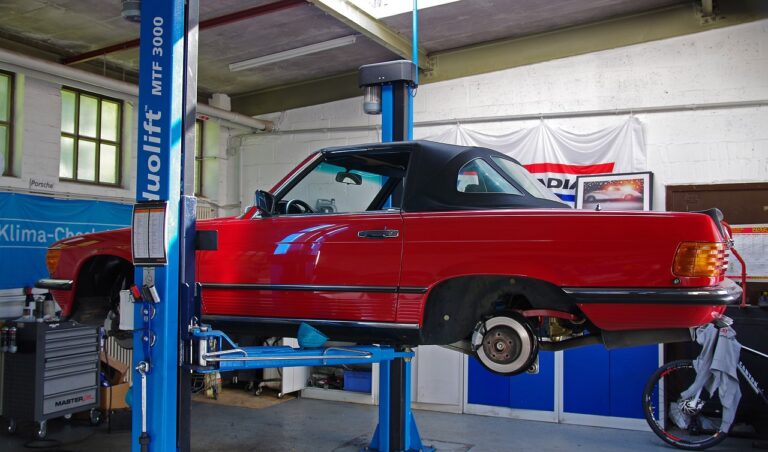Understanding the Role of Artificial Intelligence in Automotive Innovation
Advancements in automotive technology have revolutionized the way we drive, making vehicles safer, more efficient, and environmentally friendly. From the invention of the internal combustion engine to the integration of electric and hybrid powertrains, the automotive industry has constantly pushed the boundaries of innovation. The introduction of features such as anti-lock braking systems, airbags, and adaptive cruise control has significantly improved the overall safety and comfort of vehicles on the road.
Moreover, the evolution of automotive technology has not only focused on enhancing performance but also on reducing the environmental impact of vehicles. The shift towards electric and hybrid vehicles has gained momentum in recent years, with automakers investing heavily in developing sustainable transportation solutions. Additionally, the integration of smart technologies, such as GPS navigation systems and autonomous driving capabilities, has transformed how drivers interact with their vehicles, paving the way for a future of interconnected and autonomous mobility.
The Impact of Artificial Intelligence on Vehicle Safety
Artificial intelligence (AI) has revolutionized the automotive industry, particularly in enhancing vehicle safety features. AI algorithms have been integrated into modern vehicles to assist in real-time decision-making, improving overall driving experience and reducing the likelihood of accidents. By analyzing data from various sensors and cameras, AI can quickly detect potential hazards on the road and alert the driver or even take autonomous action to prevent collisions.
One of the key advancements in vehicle safety enabled by AI is the development of advanced driver-assistance systems (ADAS). These systems utilize AI to monitor the environment around the vehicle, predict potential risks, and provide active interventions to avoid accidents. Features such as automatic emergency braking, adaptive cruise control, and lane-keeping assist are all made possible through the power of artificial intelligence, making driving safer and more efficient for everyone on the road.
How has automotive technology evolved over the years?
Automotive technology has evolved significantly over the years, with advancements in safety features, connectivity, and automation.
What role does artificial intelligence play in vehicle safety?
Artificial intelligence plays a crucial role in enhancing vehicle safety by enabling features such as collision avoidance, lane departure warnings, and adaptive cruise control.
How does artificial intelligence help in reducing accidents on the road?
Artificial intelligence helps in reducing accidents on the road by analyzing data in real-time to detect potential hazards and alerting drivers to take necessary actions to avoid collisions.
Are there any risks associated with relying on artificial intelligence for vehicle safety?
While artificial intelligence can greatly improve vehicle safety, there are risks associated with system failures or malfunctions that could potentially lead to accidents. It is important to have proper safeguards and regulations in place.
What are some examples of AI-powered safety features in vehicles?
Some examples of AI-powered safety features in vehicles include autonomous emergency braking, adaptive headlights, and driver drowsiness detection systems.
How can consumers ensure that their vehicles are equipped with the latest AI-driven safety technologies?
Consumers can ensure that their vehicles are equipped with the latest AI-driven safety technologies by researching and opting for models that offer advanced safety features as standard or optional equipment.





